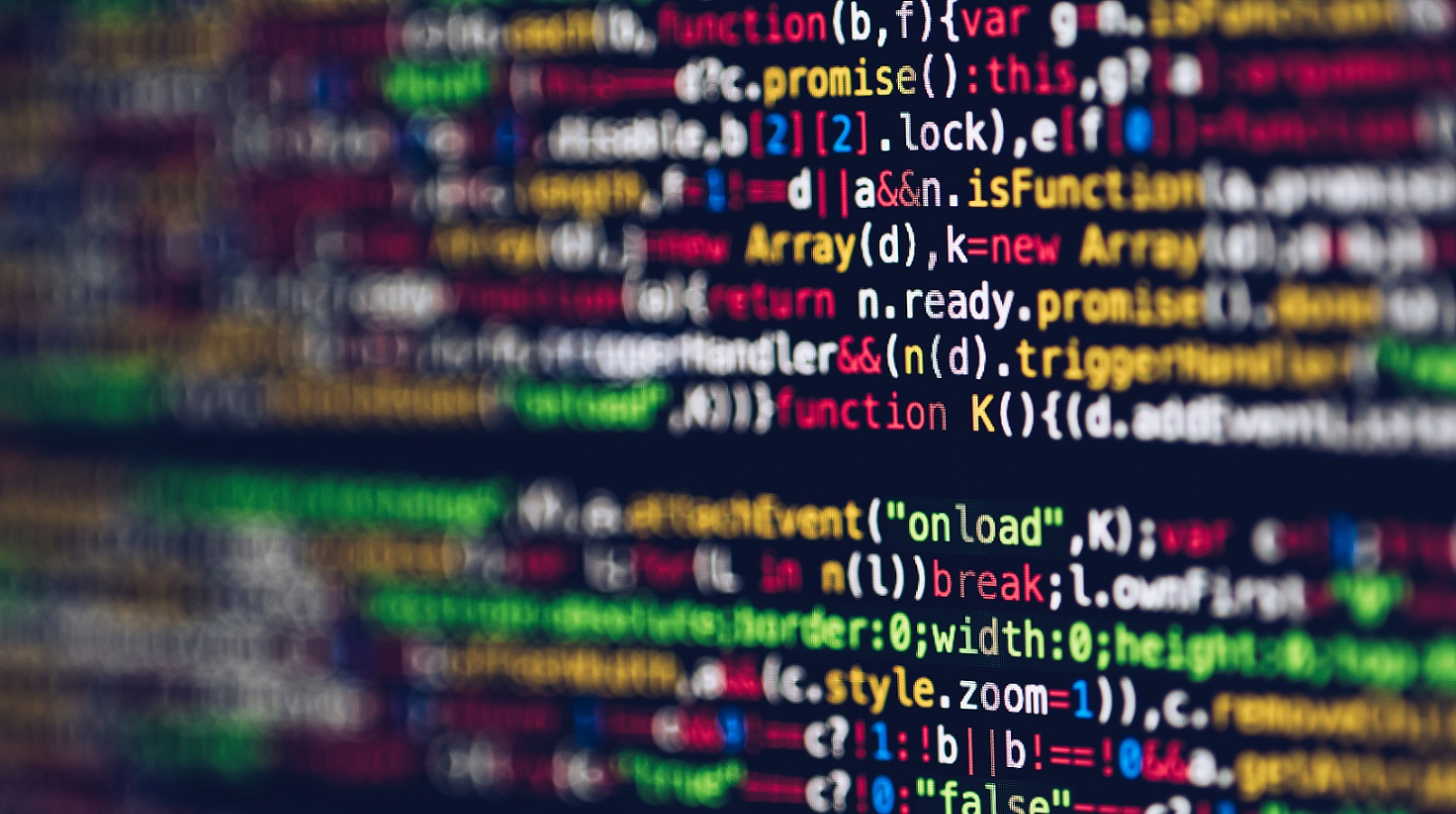Part 4 of 10 - The Zen of Stress Management: Keeping Calm Amidst Chaos
 Sachin Raverkar
Sachin Raverkar
In our previous expedition, "The Learning Odyssey: Embracing Continuous Growth," we navigated the labyrinth of lifelong learning, unravelling the essence of curiosity, resilience, and adaptability.
Now, our odyssey continues into the heart of tranquillity amidst turmoil.
Welcome to "The Zen of Stress Management: Keeping Calm Amidst Chaos," where we explore the art of serenity in the storm of coding deadlines and debugging dramas.
Mastering the Art of Mindfulness

In the bustling world of programming, a developer often juggles multiple tasks, from debugging to optimizing algorithms. Mindfulness, akin to writing clean code, demands attention to detail.
Imagine writing a complex function. Each line of code, much like every breath in mindfulness, is deliberate.
If a programmer’s mind wanders, bugs sneak in.
Mindfulness teaches programmers to focus wholly on the task, akin to crafting meticulous code.
In the book "Wherever You Go, There You Are" by Jon Kabat-Zinn, programmers can find timeless lessons on being present, mirroring the concentration required in coding.
Benefits: Mindfulness isn't just about meditation; it's about being fully present in the moment. Coding means immersing oneself entirely in logic and syntax, creating a serene mental space.
TED Talk Reference: "All it Takes is 10 Mindful Minutes" by Andy Puddicombe
Puddicombe’s talk beautifully captures the essence of mindfulness, emphasizing the power of 10 minutes a day to transform our perception of the world, a technique equally applicable to programmers in the midst of complex algorithms.
Embracing Imperfection
Perfectionism in programming often leads to procrastination and stress. Imagine a developer aiming for a flawless codebase. In reality, every project has its quirks, much like the imperfections in an artist’s masterpiece.

"The Gifts of Imperfection" by Brené Brown, a book exploring vulnerability, emphasizes the beauty in imperfections.
Similarly, a codebase, while imperfect, can be a work of art.
Accepting this imperfection liberates programmers, allowing them to experiment, innovate, and craft solutions without the burden of unrealistic expectations.
Benefits: Perfectionism can be a double-edged sword. Embracing imperfections in code liberates the developer from the tyranny of flawless execution, fostering creativity and reducing undue stress.
TED Talk Reference: "The Pursuit of Perfect" by Tal Ben-Shahar
Ben-Shahar’s talk dives into the paradox of perfectionism, illuminating how embracing imperfection leads to a more fulfilling life, and drawing a parallel to the imperfect yet beautiful world of coding.
The Power of Deep Breaths

When debugging a challenging issue, programmers can feel their stress levels rise. Picture a developer taking a deep breath, akin to rebooting the mind. This momentary pause not only oxygenates the brain but also provides a mental reset.
In "Breath: The New Science of a Lost Art" by James Nestor, the profound impact of breathing on overall well-being is explored.
Just as a programmer optimizes code for efficiency, deep breathing optimizes mental clarity. Taking a few intentional breaths amid complex problem-solving can be as transformative as optimizing code for performance.
Benefits: Deep breathing isn't just about oxygenating the body; it's about resetting the mind. In the coding chaos, taking a moment to breathe deeply can provide clarity, enhancing problem-solving skills.
TED Talk Reference: "Breathe to Heal" by Max Strom
Strom’s talk delves into the transformative power of breathing, illustrating how conscious breathing can heal not just the body, but also the mind, offering a profound lesson for developers amid the hustle.
In the bustling realm of coding, where deadlines loom like storm clouds and bugs buzz like persistent bees, mastering the Zen of stress management isn't a luxury; it's a survival skill.
Developers who embrace mindfulness, imperfection, and the power of deep breaths transform stress into a catalyst for creativity. They don't just code under pressure; they thrive, creating elegant solutions even amidst chaos.

Action Plan
Daily Mindful Moments
Dedicate 10 minutes daily to mindfulness exercises, calming the mind and enhancing focus.
- TED Talk Reference: "All it Takes is 10 Mindful Minutes" by Andy Puddicombe.
Celebrate Imperfections
Acknowledge imperfections in your code as opportunities for growth, fostering a culture of creativity.
- TED Talk Reference: "The Pursuit of Perfect" by Tal Ben-Shahar.
Incorporate Deep Breathing Exercises
Practice deep breathing techniques during coding breaks, rejuvenating your mind for enhanced problem-solving.
- TED Talk Reference: "Breathe to Heal" by Max Strom.
Please read the disclaimer given below.
By weaving these practices into the fabric of your coding routine, you not only master the Zen of stress management but also elevate your coding prowess. The key to conquering the coding chaos lies in the tranquil depths of a serene mind.
Tips for Mastering the Art of Mindfulness
Set Reminders: Use apps or notifications to remind you to take mindful breaks during coding sessions.
Breath Awareness: Practice focusing on your breath for a few minutes daily, even outside work hours, to cultivate a habit of mindfulness.
Nature Walks: Take short walks outdoors, observing nature mindfully, and connecting with the environment.
Mindful Eating: Pay attention to every bite during meals, savouring the flavours and textures.
Tech Detox: Allocate tech-free hours in your day, allowing your mind to disconnect and recharge.
Tips for Embracing Imperfection
Daily Affirmations: Start your day with positive affirmations, reminding yourself that imperfections are opportunities for growth.
Creative Expression: Engage in hobbies like drawing, writing, or music, embracing the creative process without judgment.
Learning Mindset: Embrace new programming languages or frameworks, appreciating the learning journey despite initial mistakes.
Self-Compassion: Practice self-compassion exercises, treating yourself with kindness and understanding during challenging moments.
Gratitude Journal: Maintain a gratitude journal, noting down small victories and positive aspects of your work, fostering a positive perspective.
Tips for The Power of Deep Breaths
Breathing Exercises: Learn specific breathing techniques like diaphragmatic breathing and practice them during work breaks.
Desk Reminders: Place a calming image or quote on your desk to remind you to take deep breaths when stress mounts.
Mindful Stretching: Combine deep breathing with gentle stretching exercises to release physical tension and promote relaxation.
Tea Ritual: Brew a cup of herbal tea during stressful moments, allowing the process to be a mindful experience in itself.
Smile Breaks: Set hourly reminders to take a "smile break," consciously smiling for a minute, a simple and free tonic for stress relief.
Disclaimer
This disclaimer emphasizes the importance of consulting health experts and professionals for personalized advice, ensuring the reader's safety and well-being while engaging in any recommended activities.

The mindfulness exercises, breathing techniques, and physical activities mentioned in this blog series are intended to promote relaxation, stress reduction, and overall well-being. However, it is essential to consult with health professionals or experts before engaging in any new physical or mental activities, especially if you have existing health conditions or concerns.
The practices shared here are general in nature and might not be suitable for everyone. Individual health conditions, fitness levels, and personal circumstances vary, and what works for one person may not be appropriate for another. Prioritize your safety and well-being by seeking guidance from qualified healthcare providers, fitness trainers, or mental health professionals before attempting any new exercises or activities mentioned in this content.
Additionally, if you experience discomfort, pain, or any adverse effects during or after engaging in these practices, it is crucial to stop immediately and consult a healthcare professional.
Remember, your health and safety are of utmost importance.
Make informed decisions, listen to your body, and seek professional advice to ensure that any activities you choose to pursue align with your individual needs and well-being.

In the tapestry of programming, these practices - mindfulness, embracing imperfection, and the power of deep breaths - are threads that weave a serene mindset.
Developers who incorporate these principles into their work don't just code; they create with clarity, innovate with ease, and navigate the coding chaos with grace.
Each keystroke becomes a brushstroke, and each line of code mirrors the tranquillity within, proving that in the Zen of stress management, programmers find not just peace, but also a reservoir of creativity.
Sneak Preview into Next Topic: "The Negativity Nemesis: Conquering Adversity with Positivity"
In our upcoming expedition, we embark on a transformative journey, battling the relentless forces of negativity with the invincible power of positivity. Imagine conquering doubts, silencing inner critics, and transforming challenges into stepping stones.
Get ready to unleash the Negativity Nemesis within you, rewriting the narrative of adversity with a pen dipped in optimism. Stay tuned, for in the realms of positivity, even the darkest clouds bear the promise of a silver lining.
By integrating these practical tips into your daily routine and embracing the art of smiling, you not only manage stress but also cultivate a resilient spirit, ready to face the challenges of programming with grace and enthusiasm.
The Negativity Nemesis awaits, promising a journey toward positivity and resilience beyond imagination.
Happy coding!
Subscribe to my newsletter
Read articles from Sachin Raverkar directly inside your inbox. Subscribe to the newsletter, and don't miss out.
Written by

Sachin Raverkar
Sachin Raverkar
I am a seasoned software professional with over two decades of experience in the dynamic world of SaaS product development. My journey in the software industry has seen me tackle a wide range of challenges, from crafting scalable and robust code to leading teams in the delivery of innovative software solutions. If you're a fellow Hashnode.com enthusiast, let's connect and continue the conversation. Feel free to connect with me on Hashnode to stay updated on my latest articles and join in the discussions. I'm always eager to hear your thoughts and insights. Don't forget to leave comments on my articles to share your feedback, ideas, or even just to say hello! Your engagement is what makes this journey truly enriching. Let's inspire each other through the power of words and ideas. To make sure you never miss any of my future articles, click the 'Follow' button on my Hashnode profile. Together, we can explore the ever-evolving landscape of technology, creativity, and everything in between. Connect with me on Hashnode here: https://hashnode.com/@sagaofsilence. Looking forward to connecting, engaging, and growing together on Hashnode!